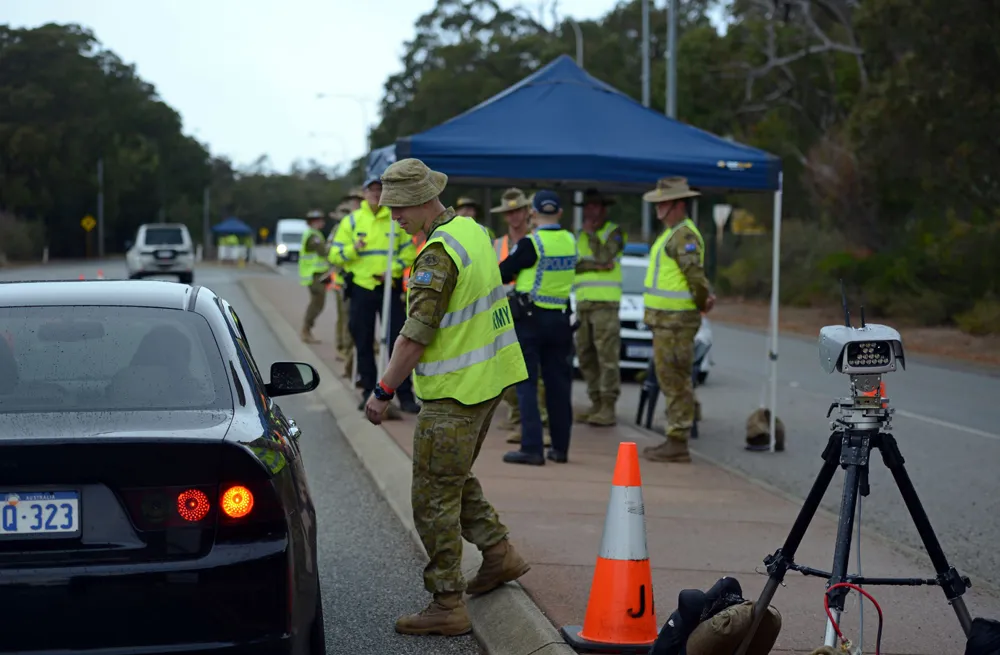
Their logic is that this will help to cut the number of people who need hospital treatment following traffic accidents.
In turn, they say, this “bold and creative leadership” from the government would free up resources for the country’s National Health Service to treat patients who have Covid-19.
“We therefore suggest that the government urgently explore an emergency reduction of all national speed limits to 50mph, and to 20mph in urban areas,” the five researchers write on BMJ.com.
The article notes the UK’s policy – in line with many other countries – of ‘flattening the curve’ of the epidemic so that acute healthcare services are not overwhelmed, and of scaling up intensive care capacity.
But the researchers wonder if authorities are “missing a trick by not also working to lower the baseline demands placed on the NHS”.
The article points to evidence that lowering speed limits can lead to major reductions in injuries: “In Canada, for example, lowering the speed limit from 40km/h to 30km/h was associated with a 28% decrease in pedestrian-motor vehicle collisions and a 67% decrease in major and fatal injuries.”
It adds that, in England alone, there are 35,000 non-fatal hospital admissions related to crashes each year, more than one in 10 of which are “likely to require intensive support, including anaesthesia and surgery”.
The UK is already under strict social distancing measures, and the research says the speed limit cut could be incorporated into government guidance.
“We expect that the public would support this proposal for a limited time period if it was communicated appropriately in relation to the current NHS emergency,” the article concludes.









